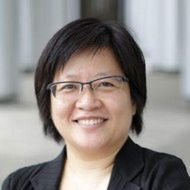Overhaul of Hong Kong's electoral system: Is it still 'one country, two systems'?
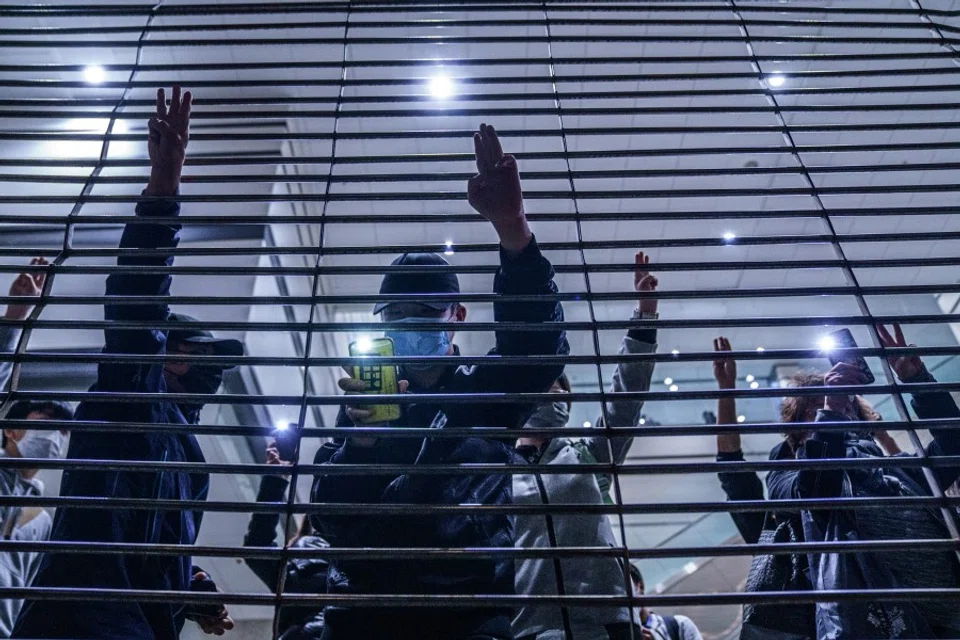
Facts have proven yet again that it is difficult for things to stay unchanged for 50 years. It is already tough for emotions and vows to stand the test of time, let alone the human heart and political situations. This is because the external environment will never remain constant - changes in the larger environment will precipitate quantitative changes leading to qualitative ones, and these cannot be controlled by people's subjective will alone.
A question has been festering in Hong Kongers' minds in recent years: has the "one country, two systems" principle established at the time of Hong Kong's return to China changed?
China's most important annual political meeting, the Two Sessions (两会, lianghui, annual meetings of the National People's Congress (NPC) and the Chinese People's Political Consultative Conference (CPPCC)), is happening right now in Beijing. Following the sudden unveiling of the Hong Kong national security law at the Two Sessions last year, Beijing dropped another bombshell this year with the focus on "improving the electoral system of the Hong Kong Special Administrative Region" and the implementation of having only "staunch patriots" govern Hong Kong.
A "political deep cleaning" or "major operation" that would bring about drastic changes is about to happen in Hong Kong.
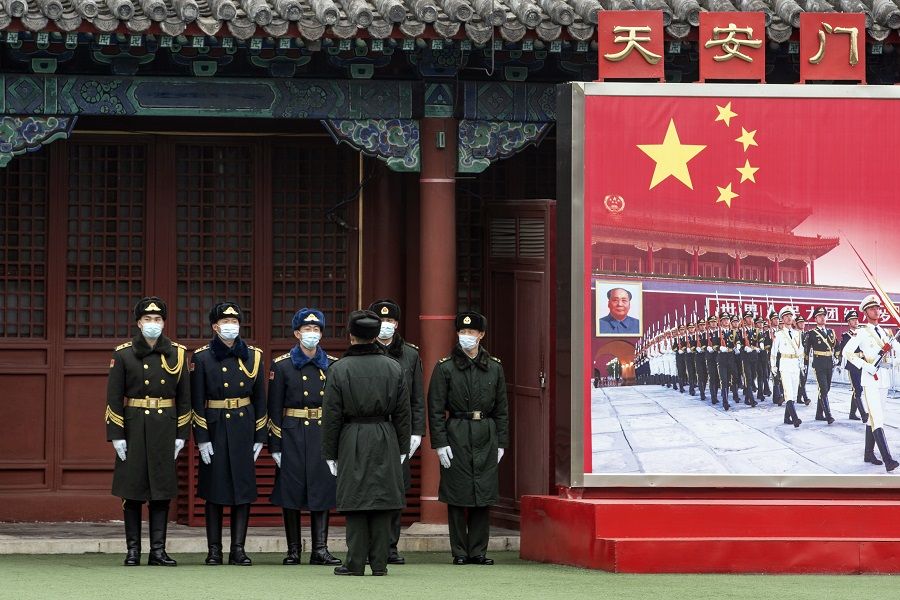
However, unlike last year's sudden announcement of the national security law under high secrecy, Beijing's plan to reform Hong Kong's electoral system involved a great deal of preparing the ground and building a case. Vice-chairperson of the national committee of the CPPCC and director of the State Council's Hong Kong and Macau Affairs Office Xia Baolong said on 22 January that improving the electoral system was "the most critical and urgent" task when it came to implementing the principle of "patriots governing Hong Kong". This shows that the "improvement" of Hong Kong's electoral system would have a broader and more thorough influence than the national security law. A "political deep cleaning" or "major operation" that would bring about drastic changes is about to happen in Hong Kong.
Vetting electoral candidates
From a practical perspective, since Beijing wants to modify the rules of the game for the Hong Kong elections, what will it change?
The officials have already given us a clear picture. First, they want to establish a high-level agency to assess political character, to find out if candidates standing for election are indeed "patriotic". This will replace the existing model that puts returning officers in the position of vetting potential political candidates. The newly-established agency may consist of Hong Kong deputies to the NPC and members of the CPPCC. In other words, the eligibility of future political candidates wanting to run in the Hong Kong elections would be determined by the central government under even stricter standards.
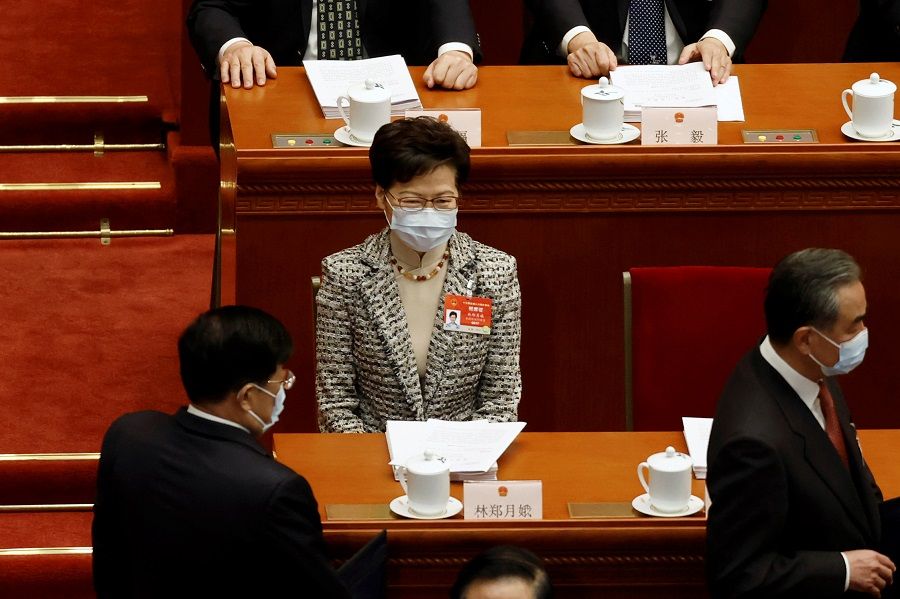
Second, reforming the Election Committee that selects Hong Kong's chief executive and the powers of the district council. While Hong Kong does not have a big population, it has many elections and its electoral procedures are complicated and cumbersome, leaving people befuddled. At the root of it, part of the reason is because Hong Kong inherited a "democratic" process initiated by the British colonial government in the 1980s and 1990s which shaped a peculiar system.
After the 1997 handover, based on the principles of "Hong Kong people ruling Hong Kong" and "a high degree of autonomy", the chief executive elections only involve a small electoral committee. As the chief executive is without any party affiliation, Hong Kong's governance is decentralised as no one can dominate the overall situation, but various forces are instead able to reduce the legitimacy of the chief executive, check and balance the Hong Kong government, and delay decisions - put simply, these forces have the ability to stir up trouble.
Blunting the political function of district councils
Looking at the signals from Beijing and Hong Kong officials and academics, out of the current 1,200-member Election Committee, 117 committee seats held by district councillors will be scrapped, possibly along with five "super district councillor" seats elected by some 3 million voters. The general idea is to suppress the political function of the district councils and return them to the role of non-political consultative organisations, so that the pan-democratic camp can no longer use district council elections as a platform for political tussling and expression, or even to manipulate the choice of chief executive.
Soon, Beijing might even administer a "patriotism test" for Hong Kong's senior officials - this week, Hong Kong's pro-Beijing media released a string of articles questioning the patriotism of some Hong Kong administrative officers (AOs). One feels that a storm is gathering.
From the national security law to reforming Hong Kong's election system, Hong Kongers will see their political space shrink as never before.
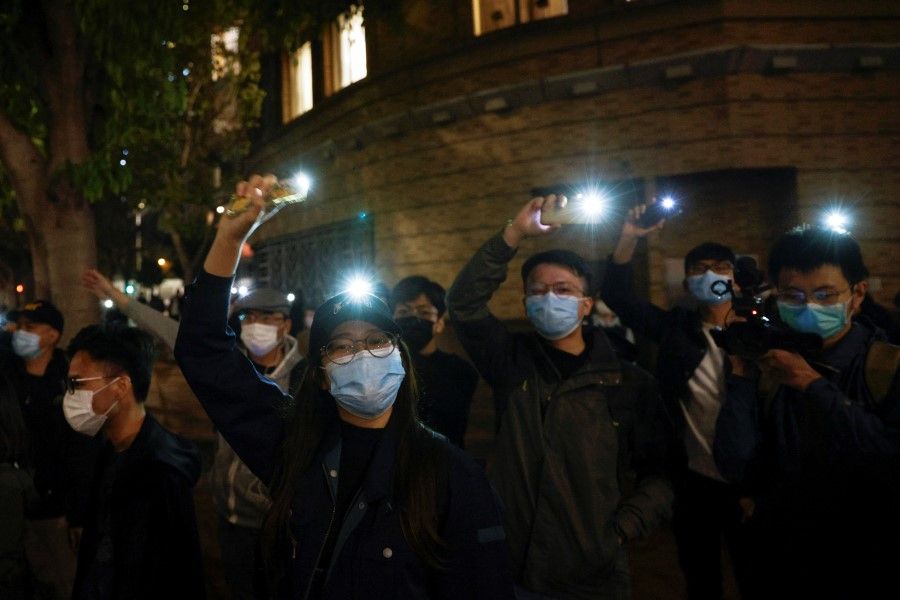
All these signals, including the Hong Kong national security law, are leading more Hong Kongers to lament the death of "one country, two systems", and that Hong Kong cannot return to what it was before.
'One country, two systems' no more?
Certainly, going back in time is impossible. From the national security law to reforming Hong Kong's election system, Hong Kongers will see their political space shrink as never before. However, is the Hong Kong of recent years the same as what it was around 1997? No. Over the last 20 years, Hong Kong has gone from political apathy to a highly political "city of demonstrations". Hong Kongers have also challenged "one country, two systems".
International intervention has something to do with it; at the same time, mainland China's rise is affecting Hong Kong's economy and daily life, sparking emotional backlash from Hong Kongers. They have not adjusted their mindset, because they are unwilling to handle the impact of mainland China's influence, nor does Hong Kong's political system allow them the means to do so. And so, many Hong Kongers have responded by being biased against mainland China and mainland Chinese, constructing a greater sense of localism or local consciousness (本土意识), or even seeking independence for Hong Kong, while the differences between mainland China and Hong Kong escalated, culminating in the anti-extradition law protests of 2019. That was a political "show hand", which pushed the resentment of mainland Chinese for Hong Kong to its peak, and prompted Beijing's resolve to "rectify" Hong Kong.
In this sense, it can still be interpreted as "one country, two systems", but it is one where Beijing leads, dominates and sets the rules.
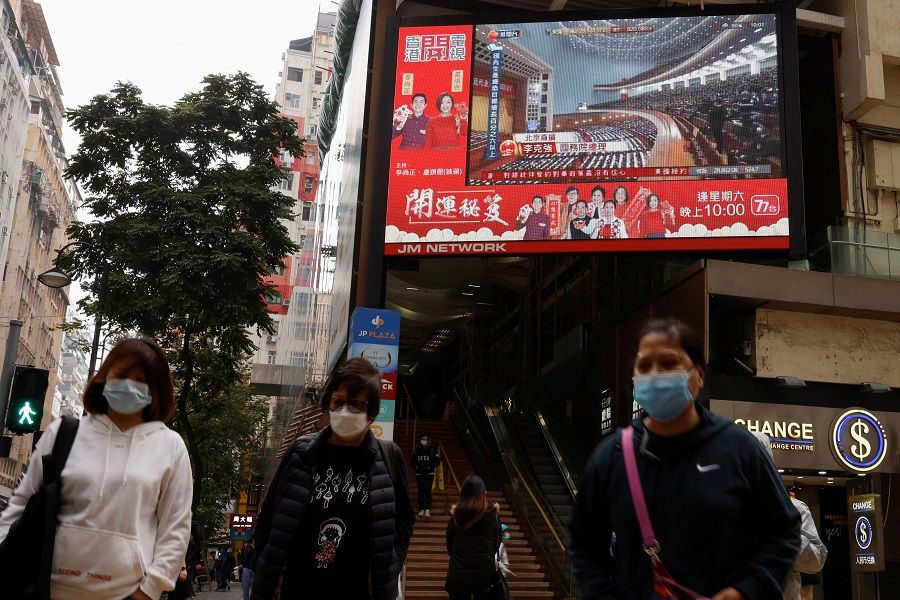
From "Hong Kong run by Hong Kongers" to "Hong Kong run by patriots" - does that go against "one country, two systems"? That is a tough question.
One should say that Beijing has no intention of turning Hong Kong into a province under "one country", nor does it intend to directly govern Hong Kong. Hong Kong's capitalist system will not change. But Beijing has set a "red line" in Hong Kong's politics, and will no longer tolerate Hong Kong's leaders and political figures publicly opposing the Chinese Communist Party (CCP) or disrespecting "one country".
As for whether "loving one's country" means "loving the CCP", pro-establishment mainland China academic Tian Feilong wrote an article explaining that Hong Kongers can love the country without loving the party, but they have to respect the CCP's leadership and cannot do or say anything against the party. In this sense, it can still be interpreted as "one country, two systems", but it is one where Beijing leads, dominates and sets the rules.
For those outside of mainland China and Hong Kong, the message is that they can no longer avoid the question of how to coexist with a rising and strengthening China. As the ancient saying goes, when two parties interact, the more powerful party should treat the less powerful party with benevolence, while the less powerful party should be wise in dealing with the more powerful party (以大事小以仁,以小事大以智). One has to be pragmatic and rational in the face of a rising power and seek mutual benefit even while holding on to one's dignity. If one resorts to brute force or disdain and scorn, the result will probably not be both sides getting equally hurt.
Related: Eight months after national security law: What's become of Hong Kong? | [Photo story] Hong Kong national security law: A different birthday for Hong Kong | US sanctions on Hong Kong: How far will they go? | Every man for himself as Hong Kong's opposition caves under weight of national security law | National security law for Hong Kong: The US will not back down, so where are we headed? | Will it be 'one country, one system' for Hong Kong?
